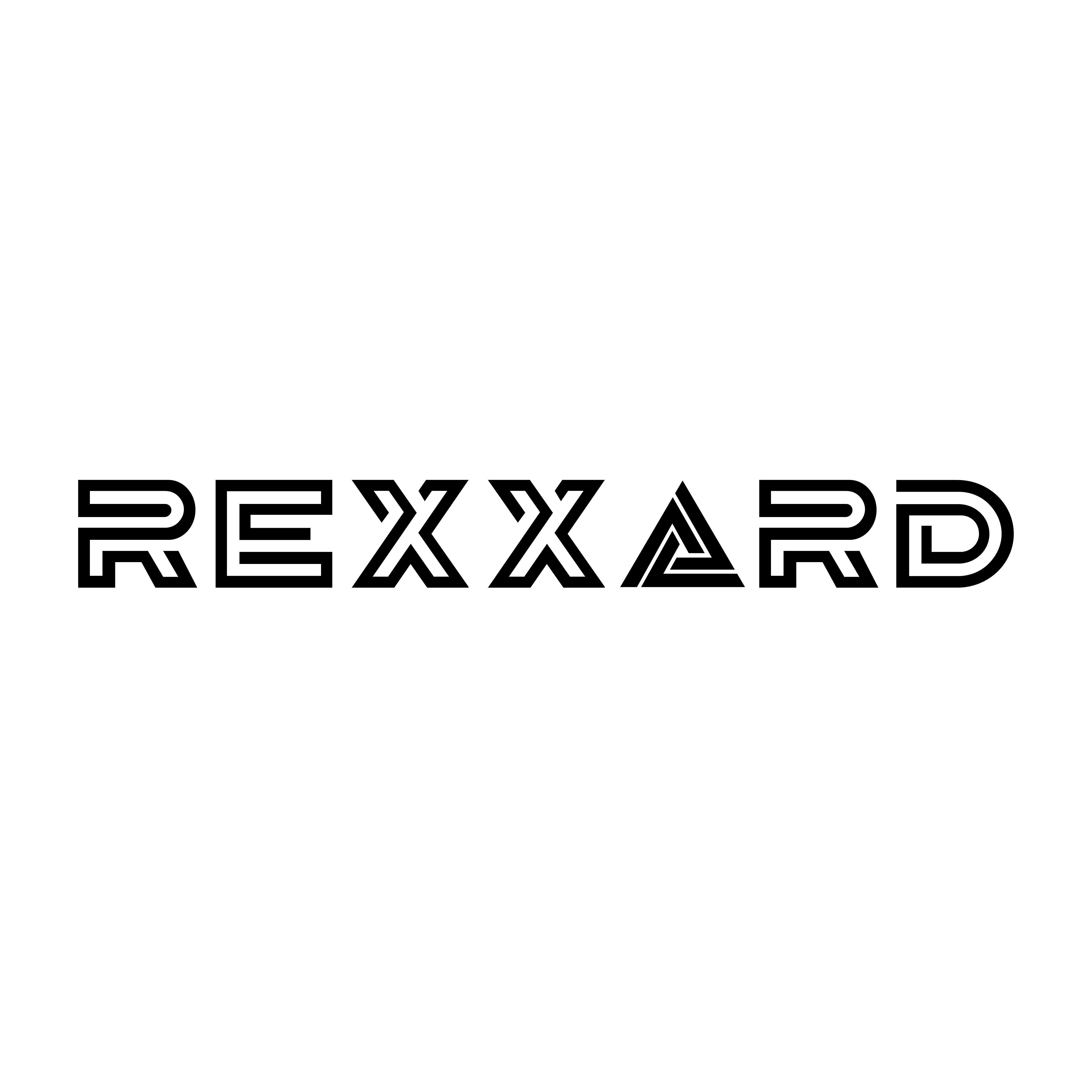Best Accounting Software for Small Businesses in 2025
Choosing accounting software tailored to the unique needs of small businesses can be a game-changer. From managing cash flow to automating invoices, the right software simplifies financial tasks so you can focus on growing your business. Here, we’ll look at the Best Accounting Software for Small Businesses in 2025, exploring what makes each option ideal and covering emerging trends to watch this year.
What to Look for in Accounting Software
Selecting the best accounting software for small businesses means considering what features matter most to your business.
- Automation and Integration: Automate repetitive tasks to save time and ensure accuracy.
- Cloud-Based Access: Cloud-based software offers flexibility, letting you manage finances remotely.
- Affordability and Scalability: Budget-friendly options that grow with your business are essential.
- Security: Encryption and multi-factor authentication are crucial for protecting your financial data.
Top Accounting Software for Small Businesses in 2025
Each option below has unique strengths, making them worth exploring based on your specific needs.
1. QuickBooks Online
QuickBooks Online has been a trusted choice for small businesses for years, offering an intuitive platform with robust features.
- Features: Payroll management, tax prep tools, invoicing, and bank reconciliation.
- Pros: User-friendly, great for tax management, and strong integrations with third-party apps.
- Cons: Costs can be high for premium plans.
It Online is ideal for small businesses looking for comprehensive accounting and payroll features with tax support.
2. Xero
Xero is designed for collaboration, making it a popular choice for businesses that work closely with accountants or team members on financials.
- Features: Real-time collaboration, multi-currency support, bank reconciliation, and inventory tracking.
- Pros: Easy collaboration, strong support for multi-currency transactions, good for businesses operating internationally.
- Cons: Limited customer support options.
It is a solid choice for small businesses needing a collaborative tool with strong reporting and multi-currency features.
3. FreshBooks
FreshBooks is perfect for freelancers and service-based businesses that rely heavily on invoicing and time tracking.
- Features: Time tracking, invoicing, expense categorization, and project management.
- Pros: Simple to use, excellent for service-based businesses and freelancers.
- Cons: Limited for larger, product-based businesses.
It is a user-friendly option if you need invoicing and time tracking for your service business.
4. Zoho Books
Zoho Books offers an affordable, feature-rich solution for small businesses. It’s part of the larger Zoho ecosystem, which can be helpful if you use other Zoho products.
- Features: Invoicing, expense tracking, budgeting, and tax compliance.
- Pros: Affordable, part of the Zoho ecosystem, ideal for budget-conscious small businesses.
- Cons: Not as scalable as other options for larger businesses.
Zoho Books is excellent for small businesses looking for budget-friendly, comprehensive accounting tools.
5. Wave
Wave is a free software solution that offers basic accounting features, making it ideal for freelancers or very small businesses with simple needs.
- Features: Free invoicing, receipt scanning, and expense tracking.
- Pros: No-cost option with essential accounting features.
- Cons: Limited customer support, lacks more advanced features.
It is best for freelancers or small businesses with limited needs who want essential accounting tools for free.
6. Sage Business Cloud Accounting
Sage Business Cloud Accounting is known for its strong reporting capabilities, making it ideal for small businesses with more advanced reporting needs.
- Features: Financial tracking, cash flow management, inventory, and strong reporting.
- Pros: Scalable with in-depth reporting, making it suitable for growing businesses.
- Cons: Higher learning curve, with some advanced features requiring extra setup.
It is great if you anticipate growth and need powerful reporting features to monitor business performance.
Comparing the Software Options
When choosing among these options, consider factors like cost, features, and support to find the best fit:
- Cost: Wave offers a free plan, while others range in price, with Sage and QuickBooks being on the higher end.
- Features: QuickBooks and Xero excel in tax preparation and payroll. FreshBooks is best for invoicing, while Zoho offers a budget-friendly full suite.
- Support: QuickBooks and FreshBooks provide extensive customer support, while Wave’s support is more limited.
How to Choose the Right Software
Selecting the best accounting software for small businesses boils down to understanding what your business truly needs. Here are some final tips:
- Evaluate Your Needs: Are you a freelancer needing invoicing, or do you have inventory and payroll to manage? Each tool has unique strengths that may fit specific requirements better.
- Trial Options: Many providers offer a free trial, so take advantage to see if it meets your needs.
- Consider Your Budget: Wave offers free tools, while QuickBooks and Sage require a higher investment.
- Assess Customer Support: If you prefer guided help, QuickBooks and FreshBooks offer great support options.
Trends to Watch in Accounting Software for 2025
Accounting software is evolving rapidly, with new features aimed at simplifying and securing financial management:
- AI and Automation: AI is being used to automate repetitive tasks, such as categorizing expenses, so you can save time and reduce errors.
- Blockchain Security: Blockchain technology is adding extra layers of security, particularly beneficial for sensitive financial data.
These trends reflect an industry aiming to simplify complex financial tasks while ensuring that small business owners have control over their data.
Conclusion
Choosing the best accounting software for small businesses can significantly streamline your financial processes, leaving you more time to focus on growth. Whether it’s QuickBooks’ comprehensive suite or Wave’s budget-friendly basics, there’s an option suited to every small business need. By considering your unique requirements and keeping future growth in mind, you can confidently select the tool that will help your business succeed.
FAQs
- What’s the best accounting software for freelancers?
Wave and FreshBooks are ideal for freelancers due to their invoicing capabilities and simplicity. - How secure is cloud-based accounting software?
Most providers use encryption and multi-factor authentication, ensuring high levels of security. - Can I switch software later?
Yes, most accounting software allows for data export, making it easier to transition. - How much does accounting software cost?
Costs vary, with free options like Wave and more advanced paid options such as QuickBooks. - Is accounting software worth it for a small business?
Absolutely. Accounting software saves time, reduces errors, and provides insights that support growth.
Click here to see more tech blogs.
Click here to use free Web Tools.
Visit TechJungle for tech reviews







